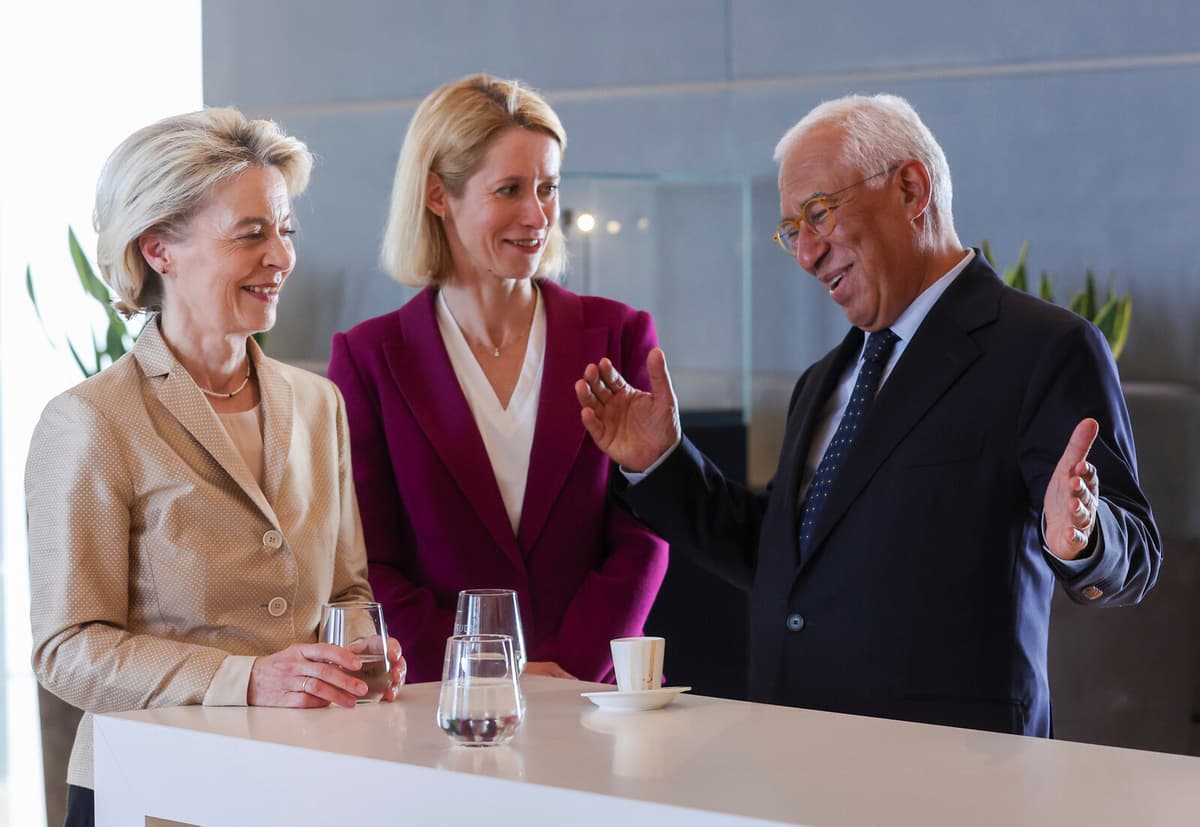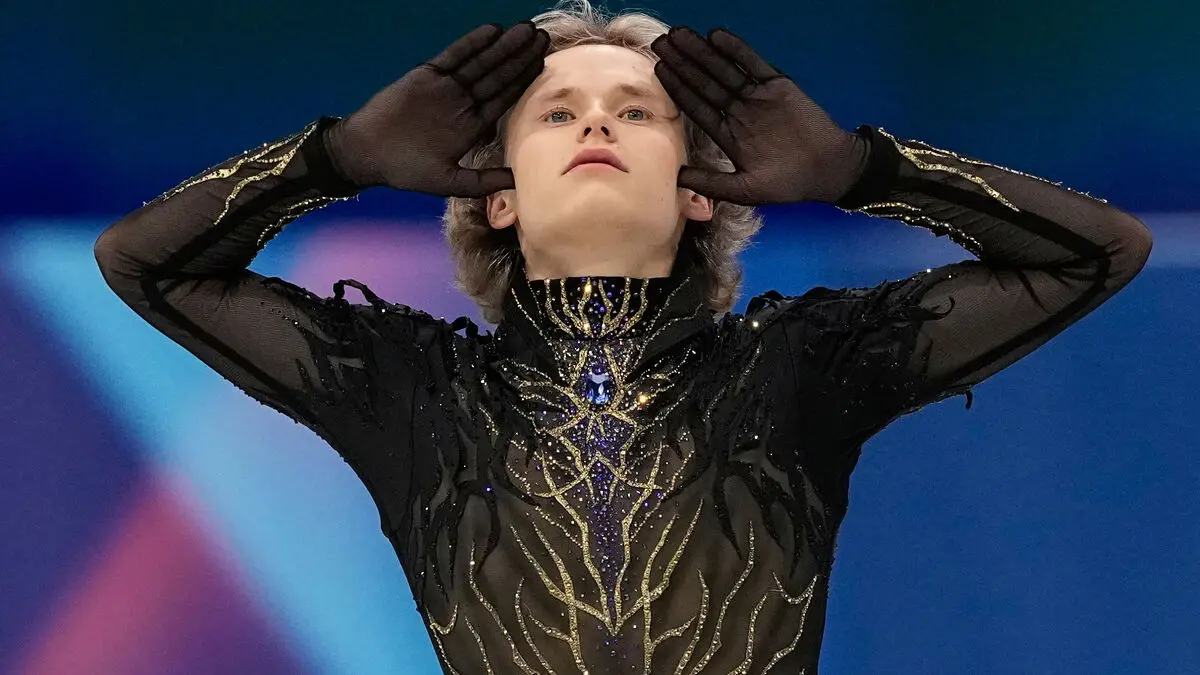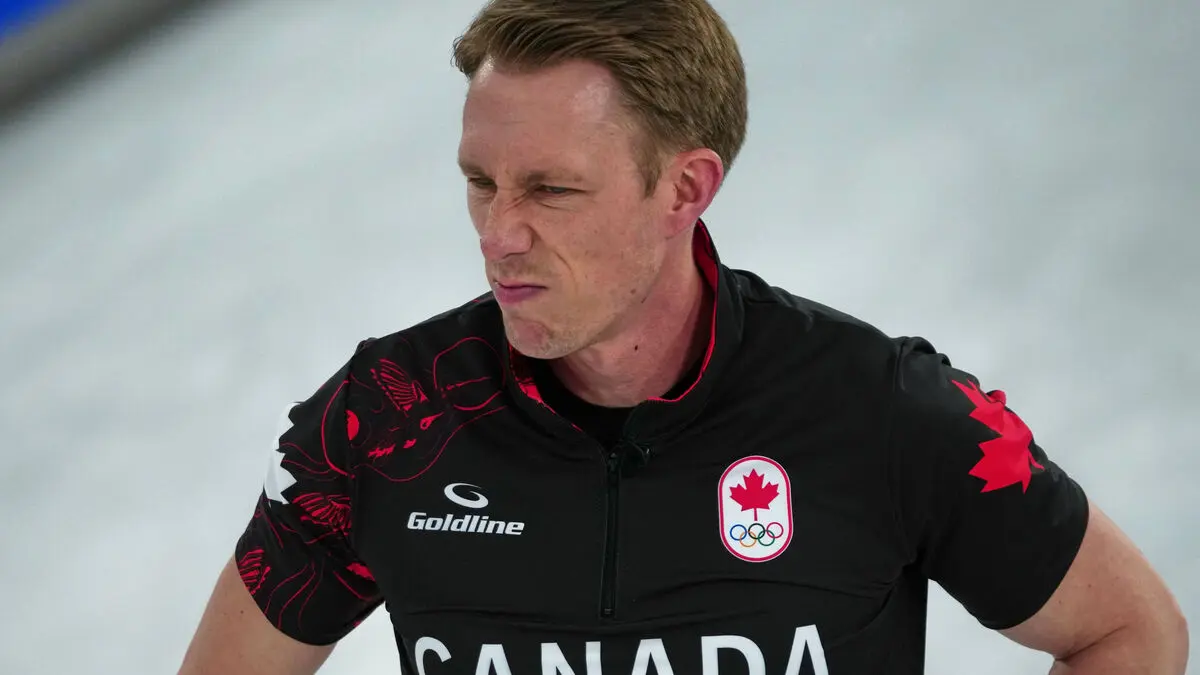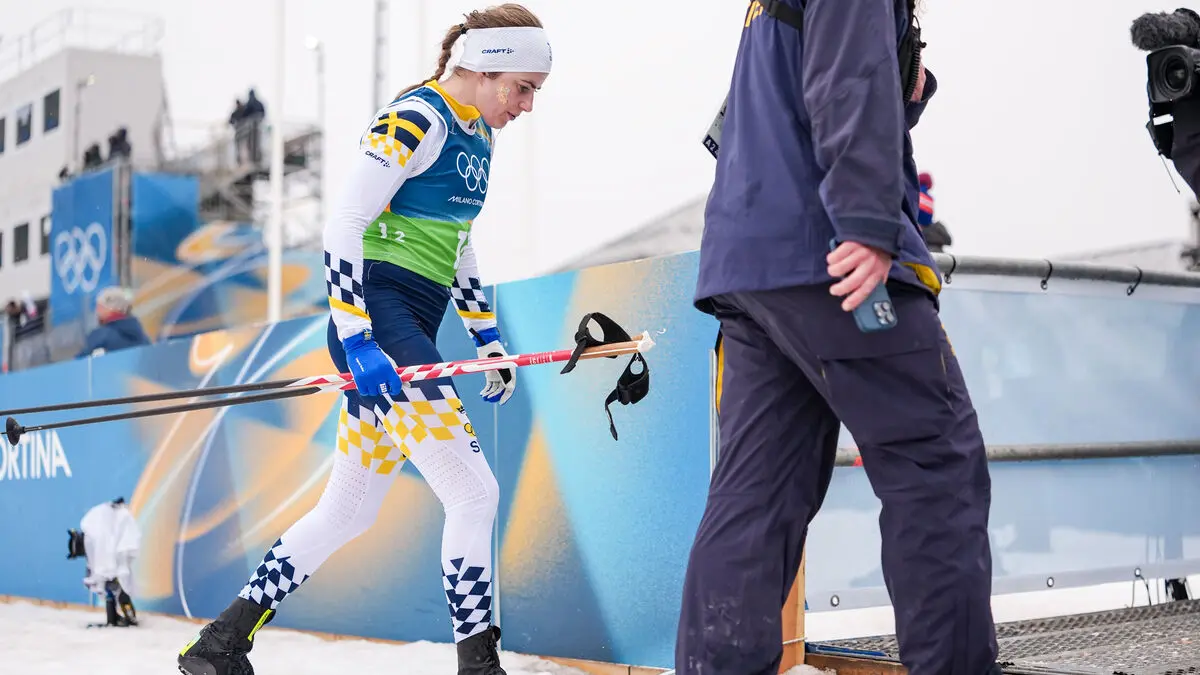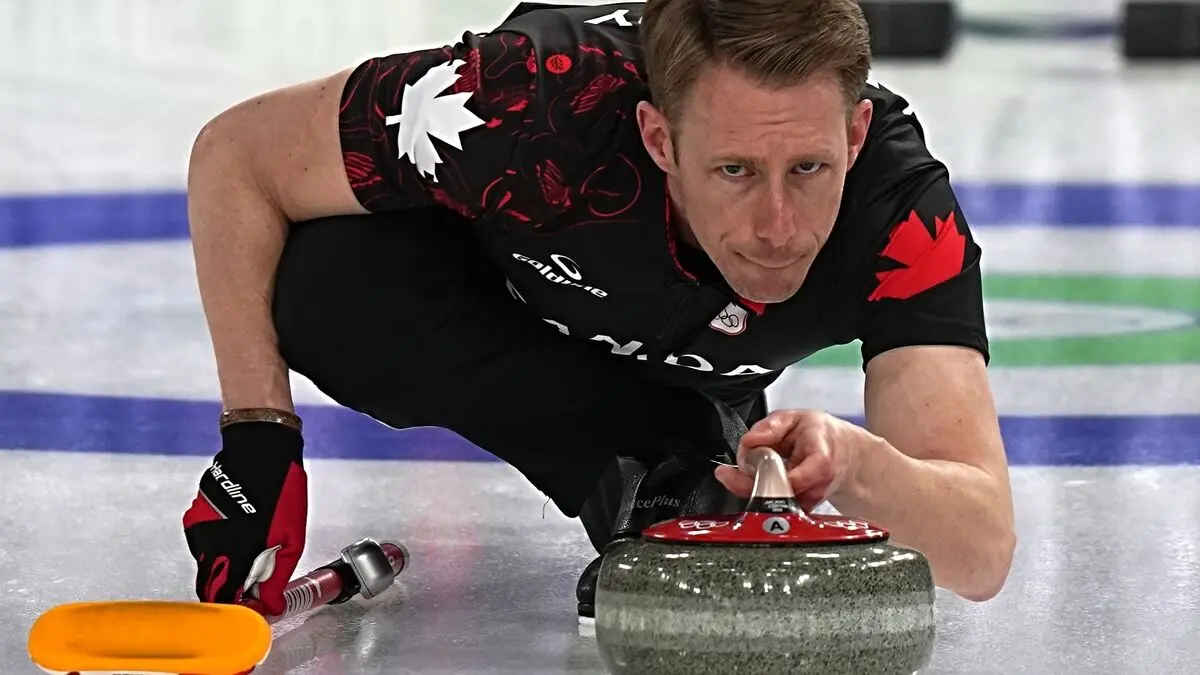German Ursula von der Leyen will continue to stand at the center of EU politics as the President of the EU Commission for another five years. However, there are several new names alongside her, now that her new commission takes office from Sunday.
TT lists some of those who will be most visible in the coming years.
Clear on Russia
Kaja Kallas has already been in the spotlight for several years as the Prime Minister of Estonia. The fact that the country is one of the EU's smallest has not played any role when Kallas has made sure to be heard and seen, with the help of clear messages about fighting Russia - often also expressed to the EU press at a time when other leaders have not yet emerged.
Now it remains to be seen if Kallas - who has followed in her father Siim's footsteps as both party leader, Prime Minister, and now EU Commissioner - will also manage the job of speaking for the entire EU and keeping track of all the world's conflicts, as the EU's new Foreign Minister.
Not like Michel
Portugal's former Prime Minister António Costa does not belong to the new EU Commission, but takes office simultaneously as the new President of the European Council - i.e., the head of the EU countries' top meetings and something of a partner to von der Leyen on trips and meetings around the world.
Social Democrat Costa, with roots in Goa and Mozambique, is praised for his ability to get everyone to pull in the same direction. Above all, he seems to be widely welcomed, simply because his predecessor Charles Michel has become increasingly unpopular among both leaders and officials over the years.
Competitiveness
French commissioners rarely stand in the shadows, and it will likely also apply to former Foreign Minister Stéphane Séjourné. He gets a heavy job to make the EU's industry and economy competitive again, without withdrawing too much of the climate measures, together with mainly Spanish Teresa Ribera.
Taking Orbán to task?
Ireland nominated its Finance Minister to get a heavy economic assignment in the new commission. But instead, Michael McGrath got responsibility for justice issues - and it is now he who will ensure that all countries follow the EU's rules and fundamental values. Tough battles await, not least with Hungary.
Security sisu
Maintaining cyber security, strengthening external borders, handling AI development, and keeping order among the world's data giants is a daunting task. Former EU Parliament member Henna Virkkunen will have to show Finnish sisu to make the days count until 2029.
The Council President, the Commission President, and the Foreign Minister are three of the heaviest posts in the EU. The first is appointed by the EU's heads of state and government and is elected for 2.5 years, with the possibility of extension for another 2.5 years. The other two are proposed by the heads of state and government, but are formally approved by the EU Parliament, for a five-year mandate period.
Commission President since 2019 is German Ursula von der Leyen (born 1958). She belongs to the Christian Democratic CDU and was Defense Minister in Germany 2013-2019 and previously Family and Labor Market Minister since 2005.
New Council President is Portuguese António Costa (born 1961). He was Prime Minister 2015-24 as leader of the Social Democratic PS. Previously also, among other things, Justice and Administration Minister and Mayor of Lisbon 2007-15.
New Foreign Minister is Estonian Kaja Kallas (born 1977). She was Prime Minister of Estonia 2021-24, party leader of the Liberal Reform Party 2018-24, and EU Parliament member 2014-18.
Whether an EU Commissioner gets a lot of attention or not depends on their assignment, but at least as much on how skilled they are at conveying their messages.
Some of the new commissioners whose tasks will likely be frequently mentioned are Austria's Magnus Brunner (home affairs and migration), Slovakia's Maros Sefcovic (trade), Slovenia's Marta Kos (enlargement), and Poland's Piotr Serafin (budget).
Sweden's Jessika Roswall (environment and water resilience) will likely have to settle for standing in the shadows, at least initially, partly because other commissioners have the main climate responsibility, and partly because she is considered to have made one of the weakest performances during the parliamentary hearings prior to taking office.

